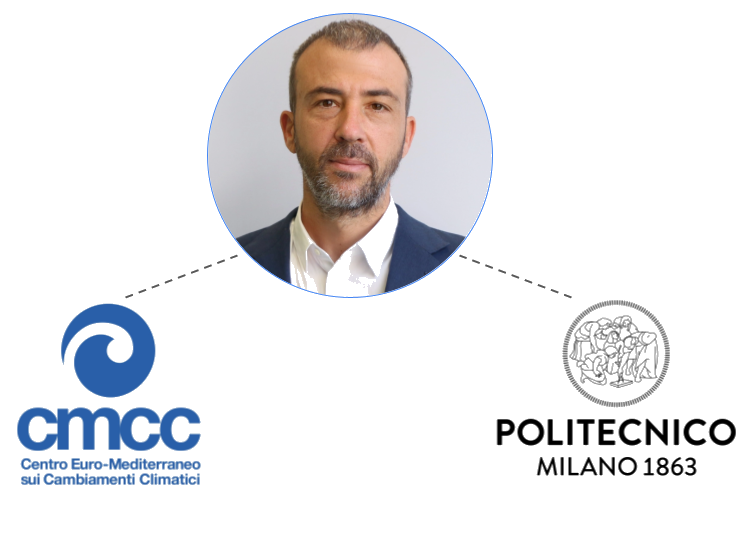
Massimo Tavoni
Massimo is Professor of climate economic modeling at Politecnico di Milano and director of the RFF-CMCC European Institute on Economics and the Environment. He coordinated the Climate Change Mitigation programme at Fondazione Eni Enrico Mattei (FEEM) between 2015 and 2018. He was fellow at the Center for Advanced Studies in Behavioural Sciences at Stanford University, and a post doc at Princeton University. He was a lead author of the IPCC (5th and 6th assessment reports), and co-directs of the International Energy Workshop. EUNICE is his second ERC.
Jonathan Spinoni
Jonathan is a research fellow at Politecnico di Milano and affiliated scientist at EIEE. He has a PhD in Climate Physics and he previously worked for the University of Milan and for the European Commission. He has sixteen years of experience as climate scientist, authoring more than fifty scientific publications and contributing to the Sixth Assessment Report of the IPCC, the World Atlas of Desertification (3 rd ed.), the GAR Special Report on Drought 2021, and the Copernicus’ European State of Climate 2022. During his career, he focused mainly on climate extremes, drought, and desertification, investigating past tendencies and future projections. In the EUNICE Project he investigates the uncertainties in climate scenarios, the link between climate extremes and impacts, and the implementation of the projected damages due to climate-related events in the new generation of socio-economic scenarios.
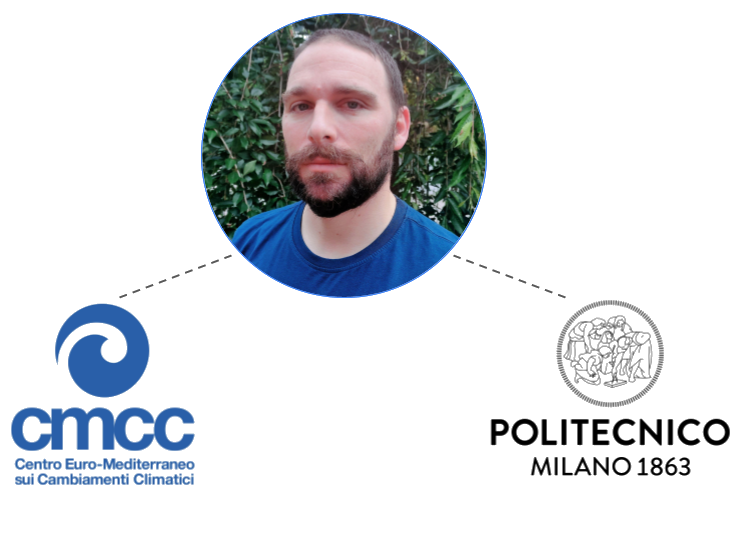
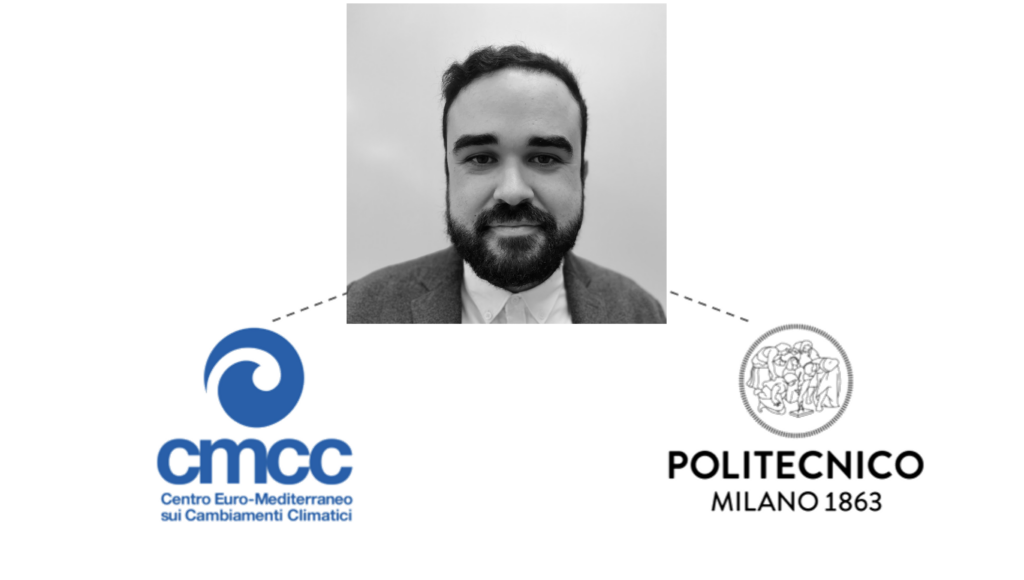
Carlos Rodriguez Pardo
Carlos Rodriguez-Pardo is a postdoctoral researcher at Politecnico di Milano, affiliated to EIEE. He works on deep learning models for climate change mitigation. Previously, he was was a postdoctoral researcher at Universidad Rey Juan Carlos, working at the intersection of deep learning, computer graphics and vision, and he worked as a research engineer at Seddi, on machine learning and computer vision for the fashion industry. He has several publications at top computer vision and machine learning journals and conferences.
He received his PhD from Universidad Rey Juan Carlos, he completed a MSc in Artificial Intelligence at the University of Edinburgh, and a Double BSc in Computer Science and Business Administration from Universidad Carlos III.

Louis Daumas
Louis is a postdoctoral researcher at Politecnico di Milano with an affiliation to CMCC-EIEE. He is a macroeconomic modeller, with expertise on scenario-based methods and stock-flow consistent approaches. His research interest include the issue of financial instability along transition pathways, uncertainty analysis of long-run decarbonisation pathways and decision theory. Within EUNICE, he will work on on the deep uncertainties related to the macro-financial aspects of the low-carbon transition, notably those related to future mitigation options.
Louis holds two MsC in Economics (Double diploma Kingston-University-Université Paris 13 and Agro ParisTech) and obtained his PhD in December 2023 at CIRED and Ecole des Ponts ParisTech.
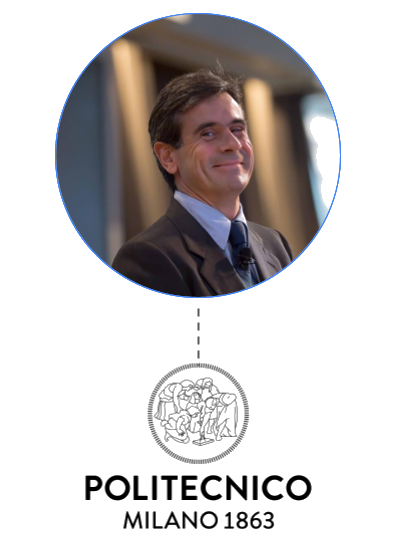
Enrico Zio
Enrico Zio (BS in nuclear engng., Politecnico di Milano, 1991; MSc in mechanical engng., UCLA, 1995; PhD, in nuclear engng., Politecnico di Milano, 1995; PhD, in nuclear engng., MIT, 1998) is the Director of the Graduate School of the Politecnico di Milano and full professor of Computational Methods for Safety and Risk Analysis, and invited lecturer at various Master and PhD Programs in Italy and abroad.
Laurent Drouet:
Laurent Drouet is a Senior Scientist at the RFF-CMCC European Institute on Economics and the Environment, in Milan, Italy. He is a lead researcher in Low carbon pathways unit, and he is leading the development of the WITCH modelling framework. His research interests include the modelling of human and environmental systems in the context of climate change, decision making under uncertainty and advances in optimization frameworks. He is a contributing author of the 6th IPCC assessment report.
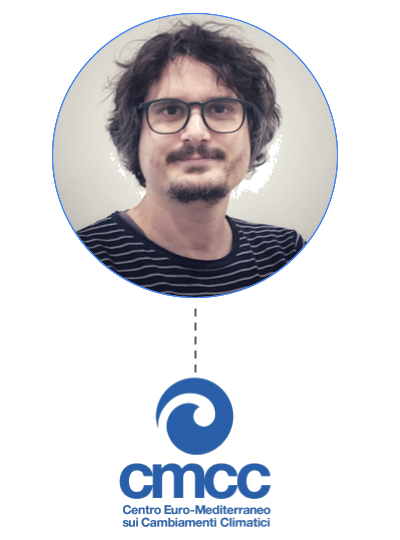

Leonardo Chiani:
Leonardo is a Ph.D. student at Politecnico di Milano. He holds a Mathematical Engineering Master’s degree from the same institution. His main interests are in statistics and climate change. In the EUNICE project, he focuses on global sensitivity analysis of climate models. The goal is to understand the sources of uncertainty in future projections and how to deal with them.
Jacopo Ghirri:
Jacopo is a Ph.D. student at Politecnico di Milano, where he holds his B.Sc. and M.Sc. degrees in Mathematical Engineering. His research interests are statistics, machine learning, and their application to provide policy proposals, in particular on the topic of climate change. As part of the EUNICE team, he applies his data-science background to address scenario uncertainties and their effects on robust recommendations.
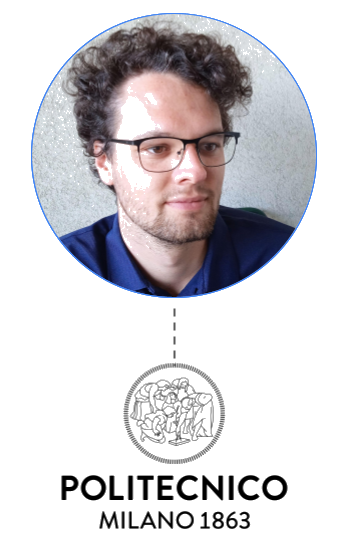
Javier Gonzalez
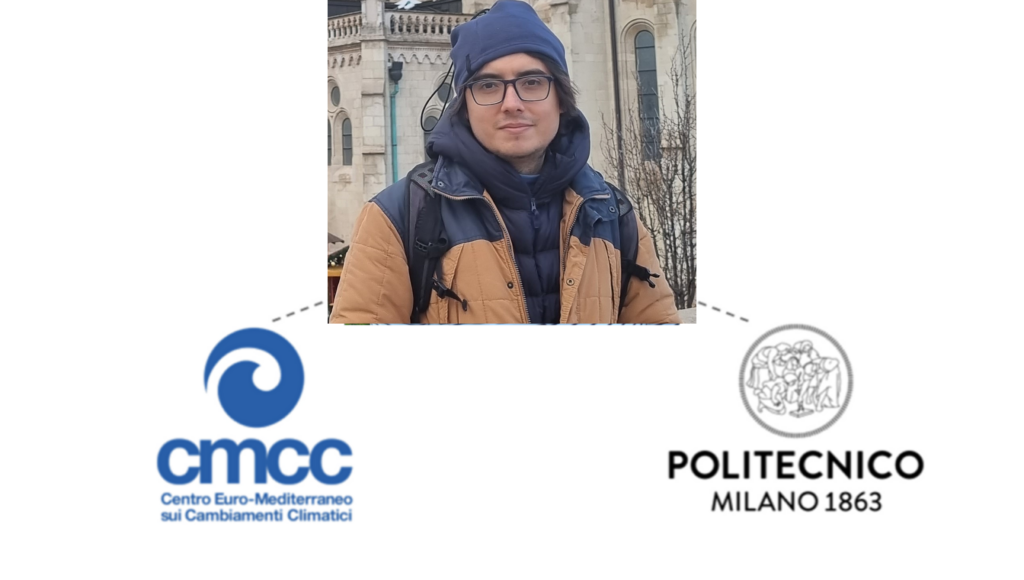
Javier is a Ph.D. student at Politecnico di Milano. He holds a B.Sc. in Electrical Engineering from Universidad de los Andes, and a M.Sc. in the same topic from Politecnico di Milano. He is interested in electricity market design, decarbonization transitions, and electrification of final energy processes. As part of the EUNICE project, he is currently focusing on modeling long-term electricity markets during the energy transition, integrating climate uncertainties among relevant factors for understanding agents’ interactions and market outcomes.
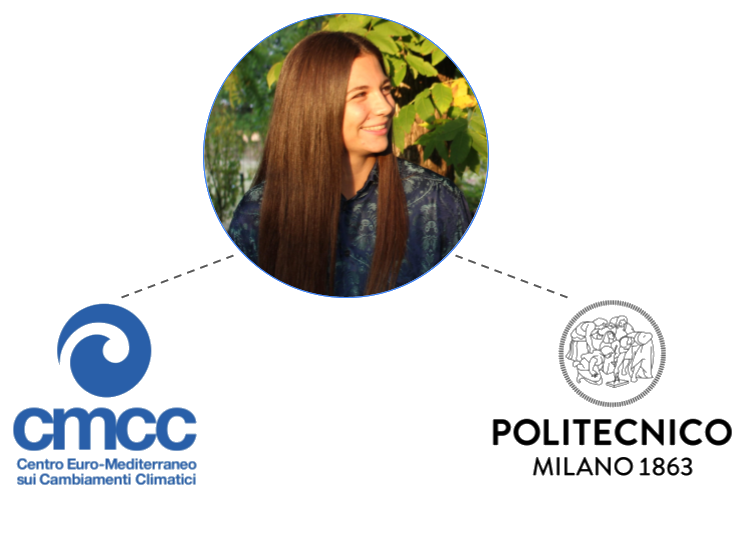
Marta Mastropietro:
Marta is a PhD student at Politecnico di Milano and a visiting student at the RFF-CMCC European Institute on Economics and the Environment (EIEE) in Milan, Italy. She majored at Politecnico di Milano in Mathematical Engineering within the Statistical Learning track. In EUNICE, she will apply statistical tools for assessing uncertainty in the study of climate risks and economic impacts.